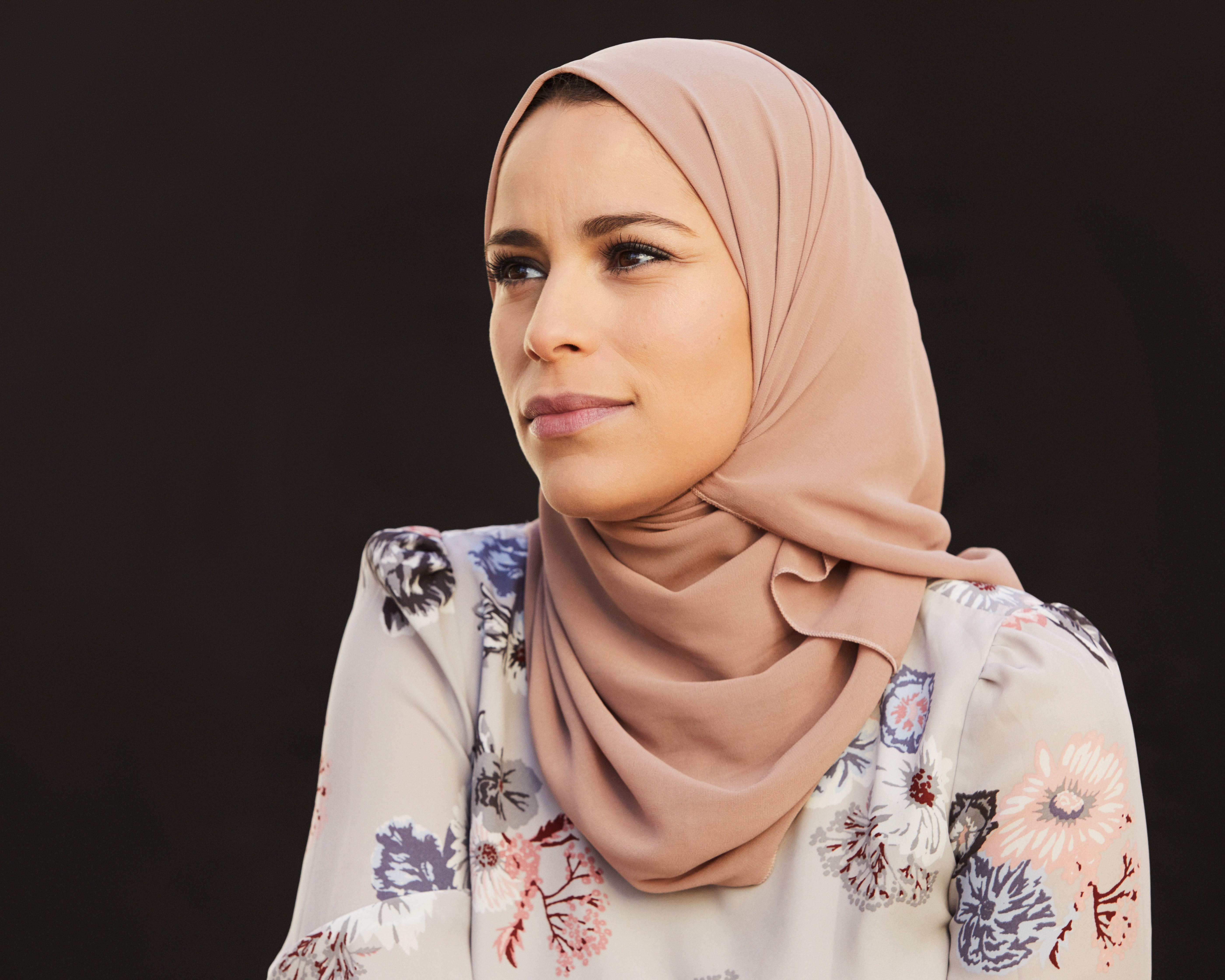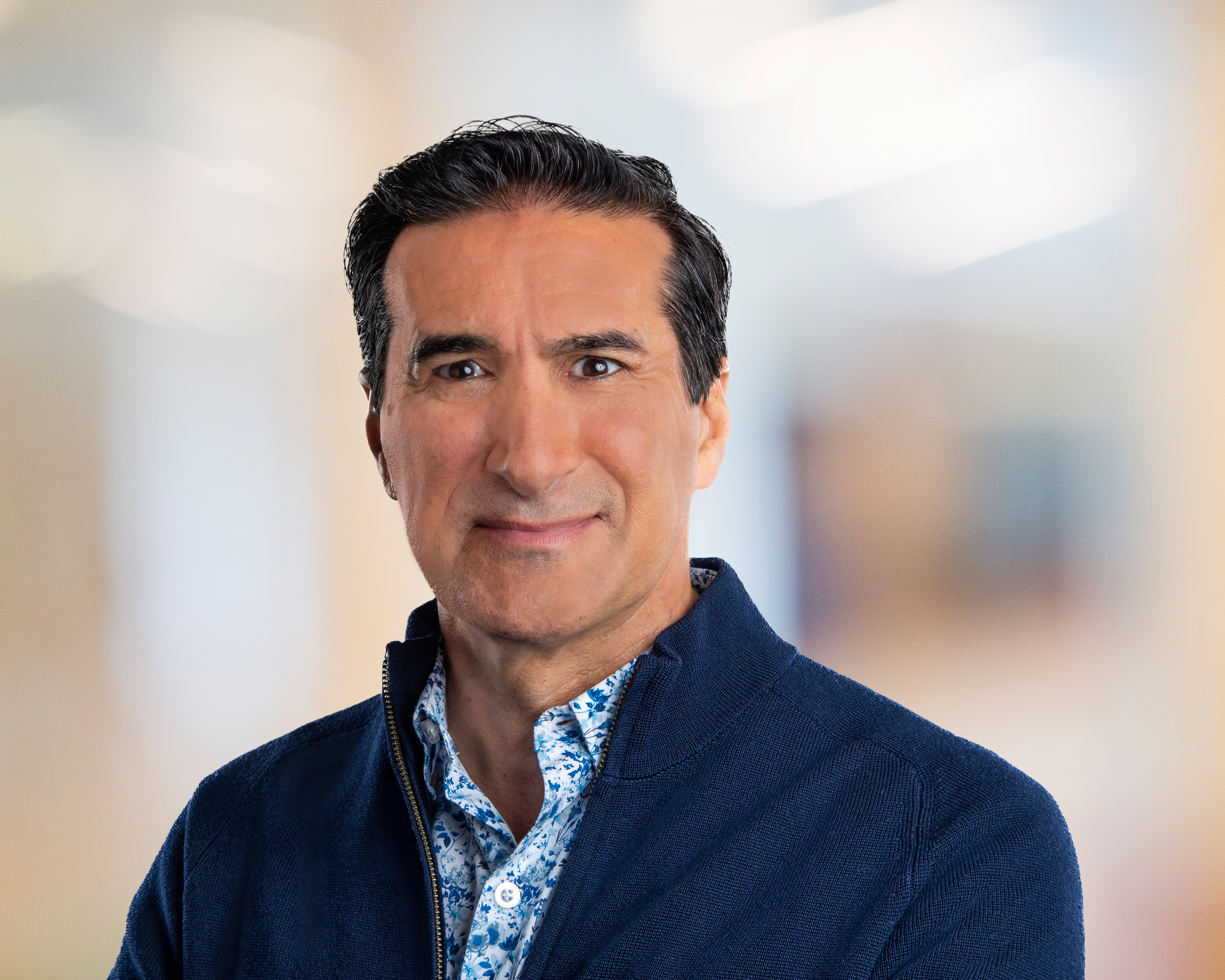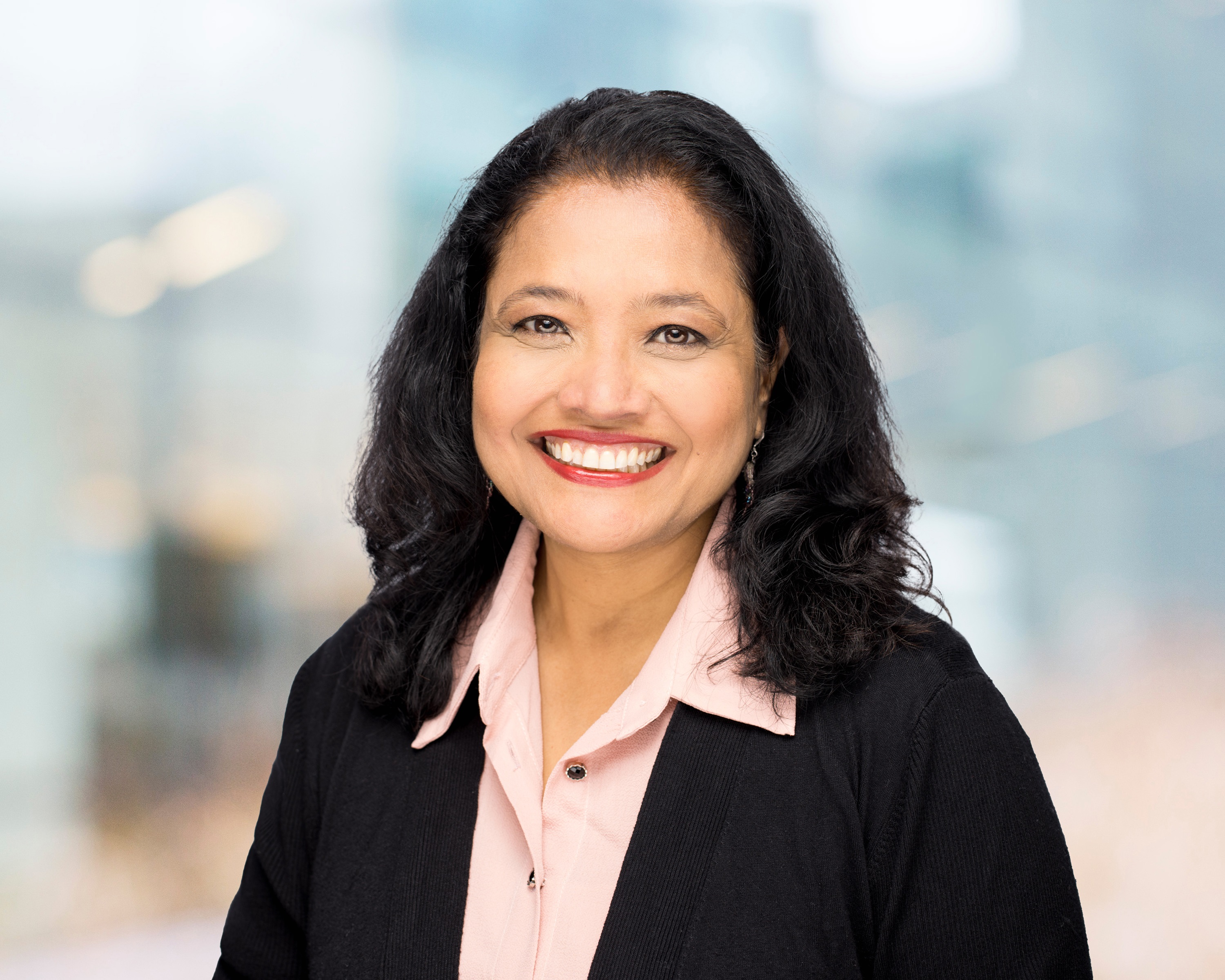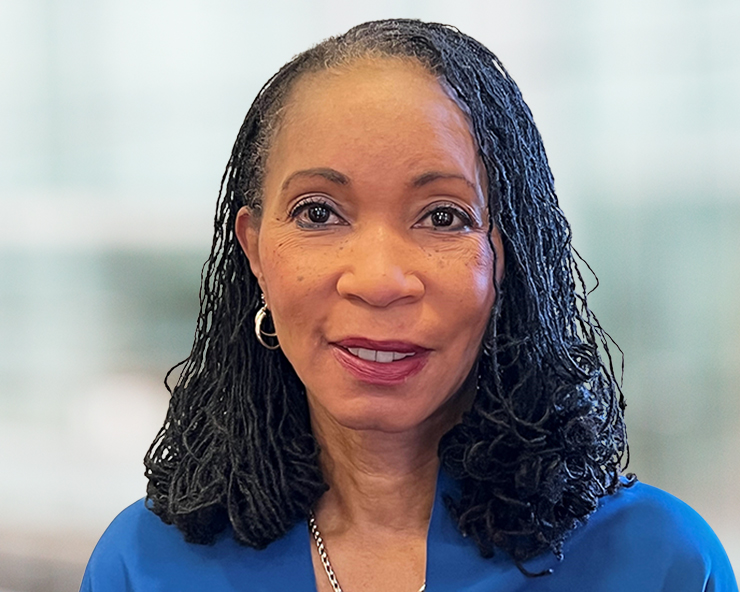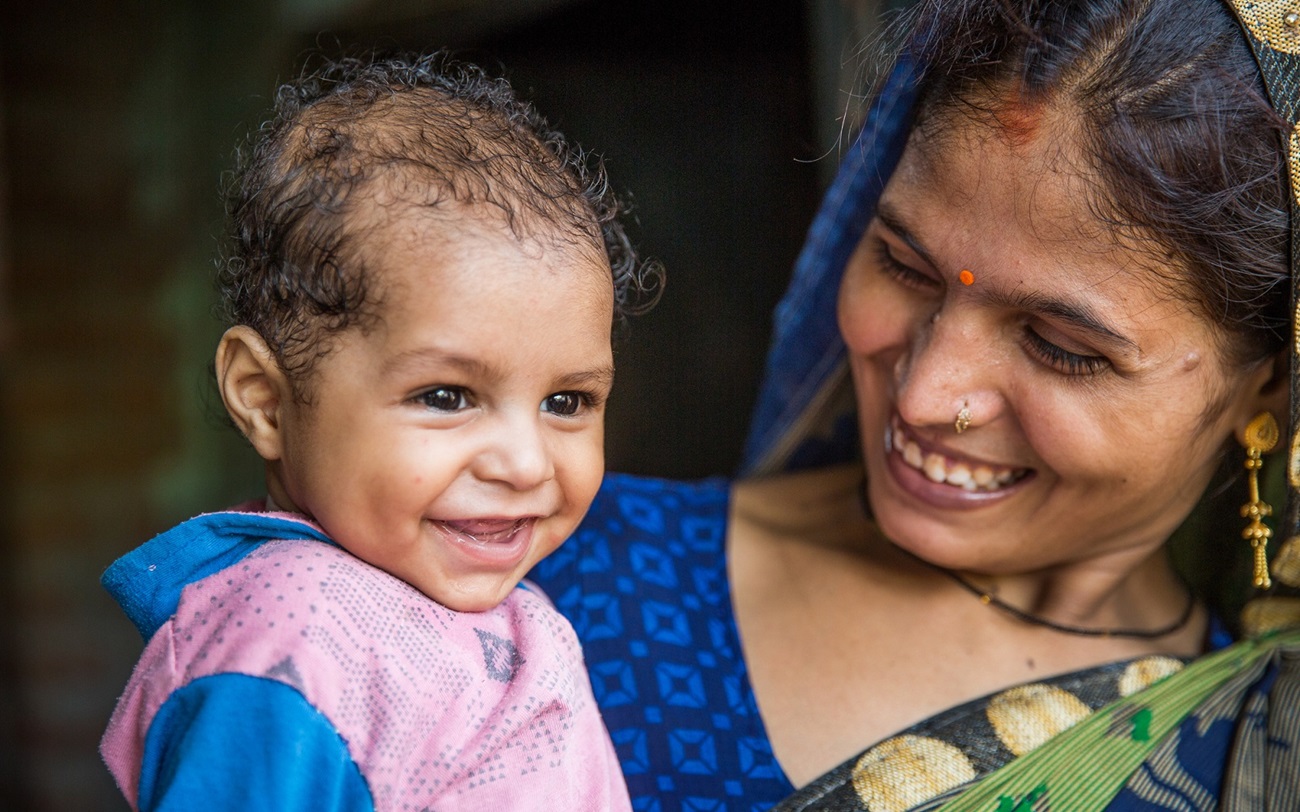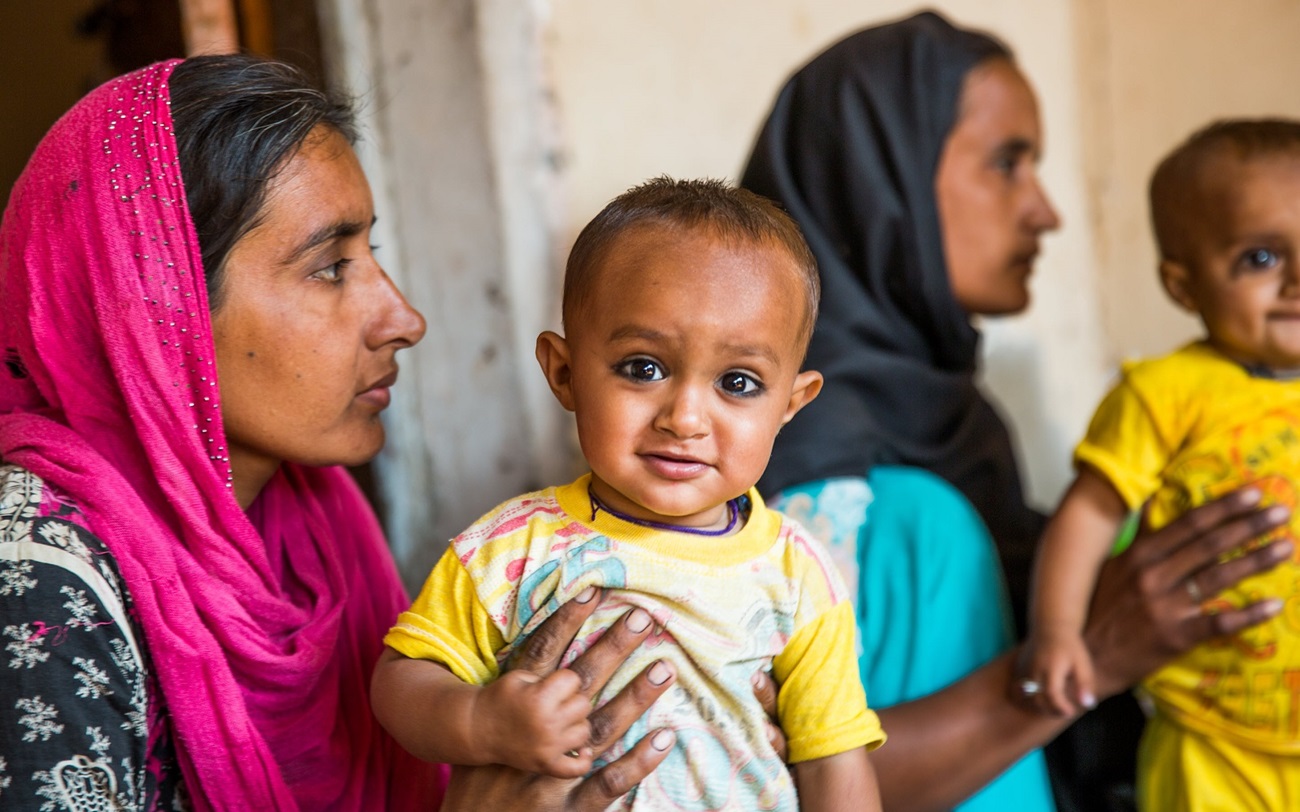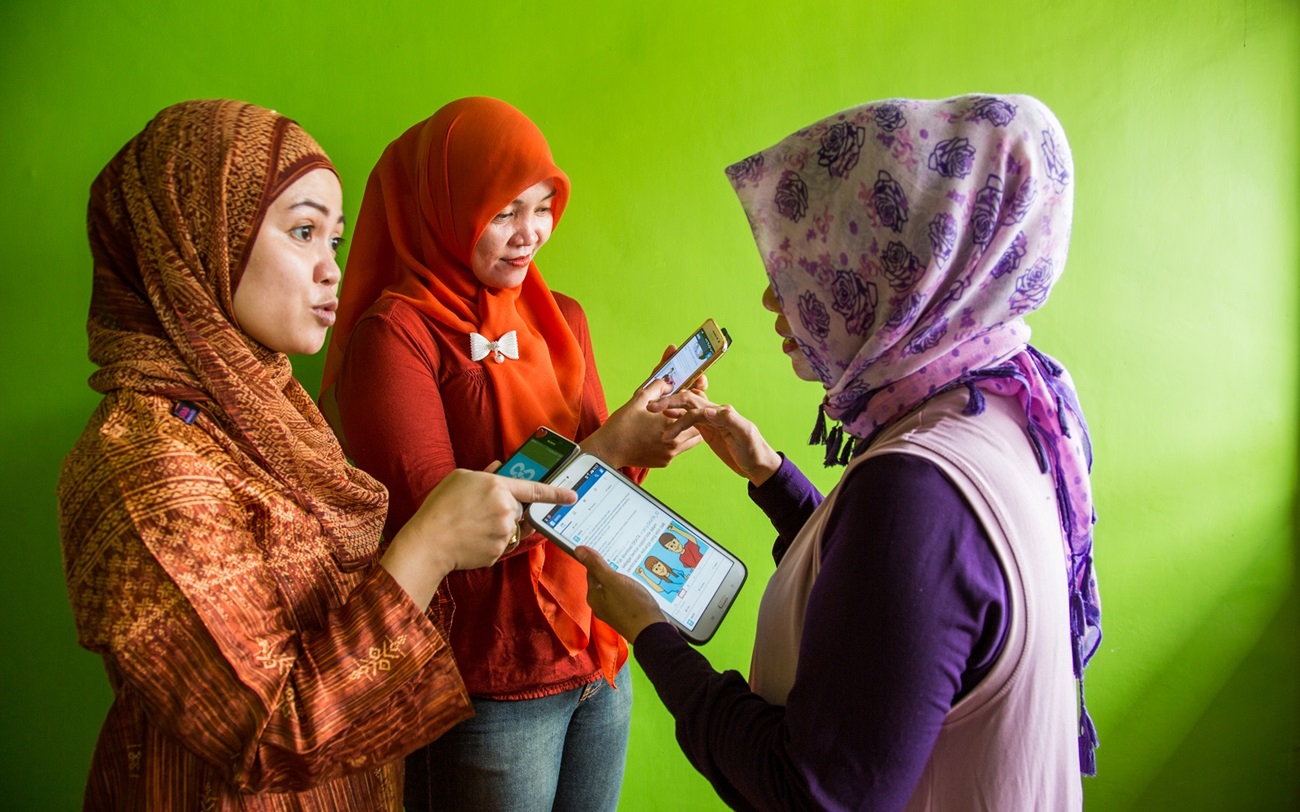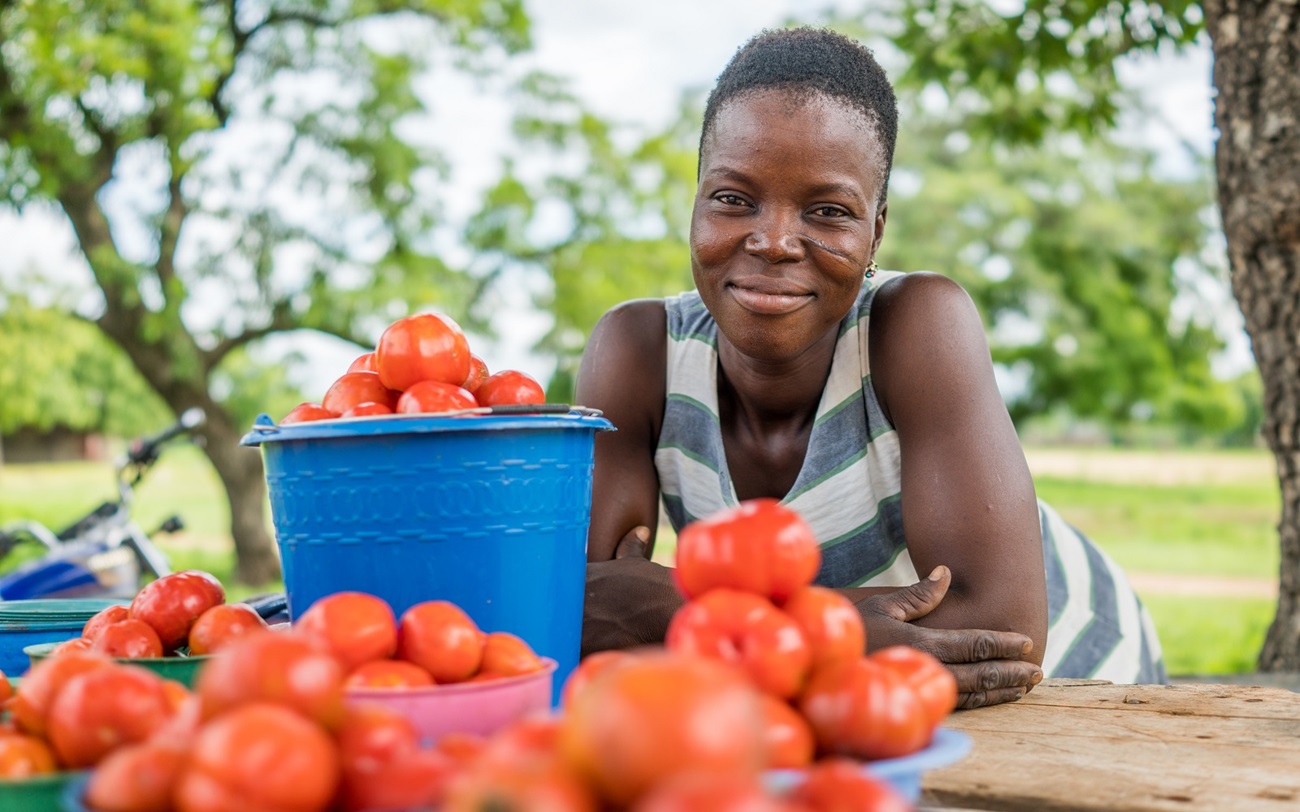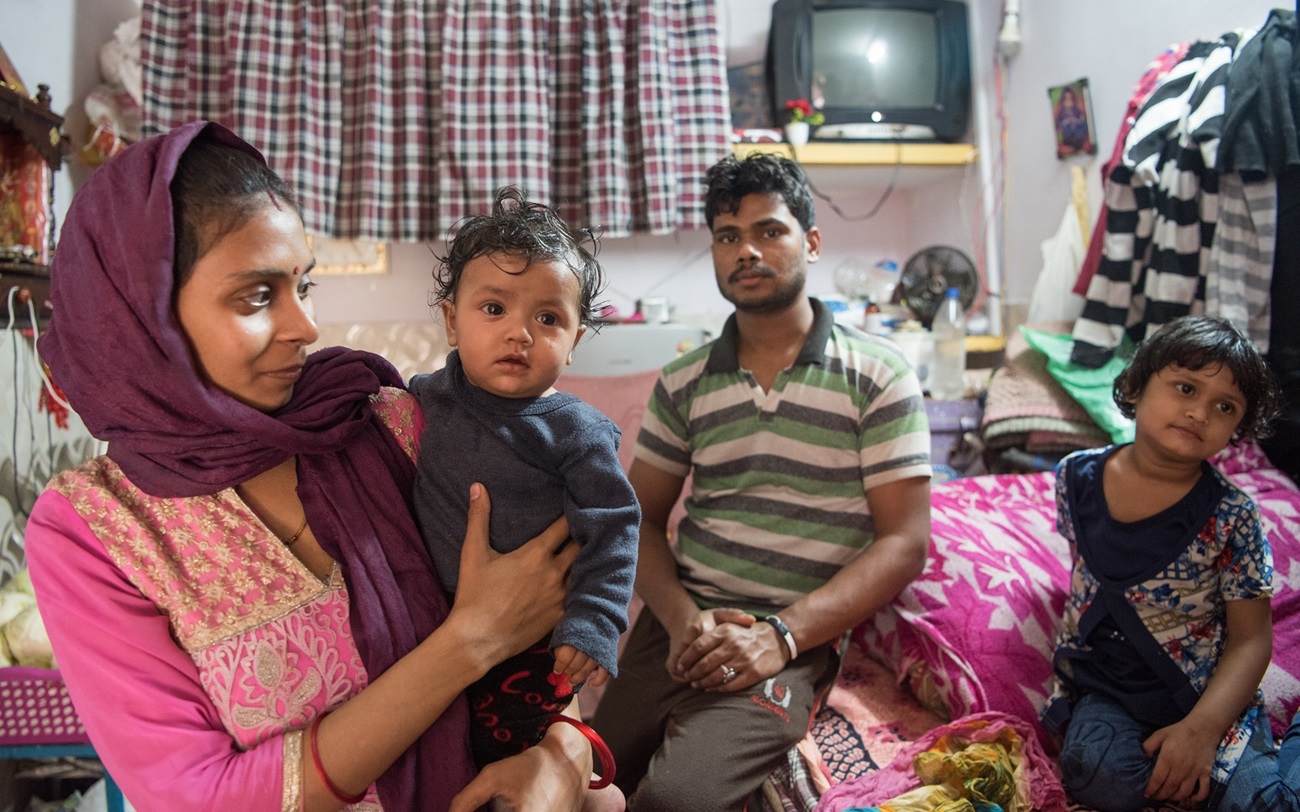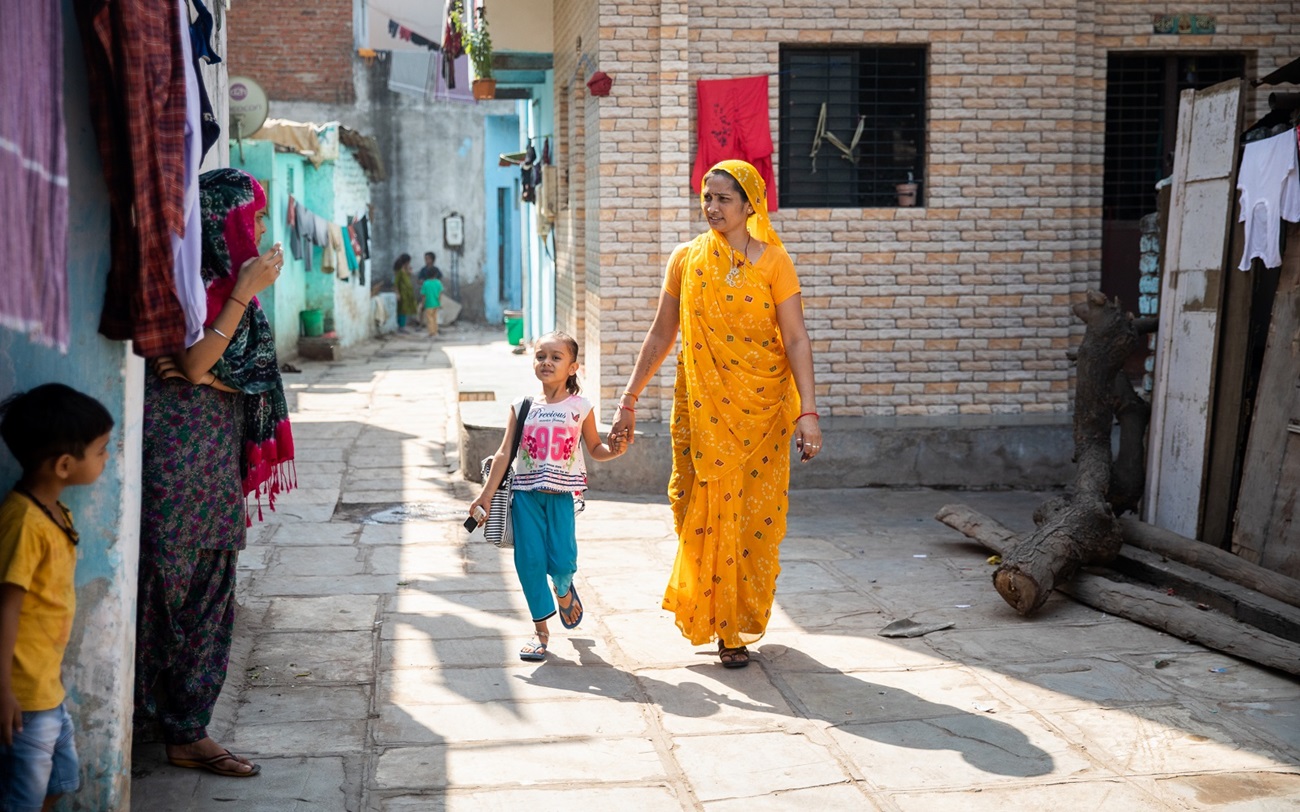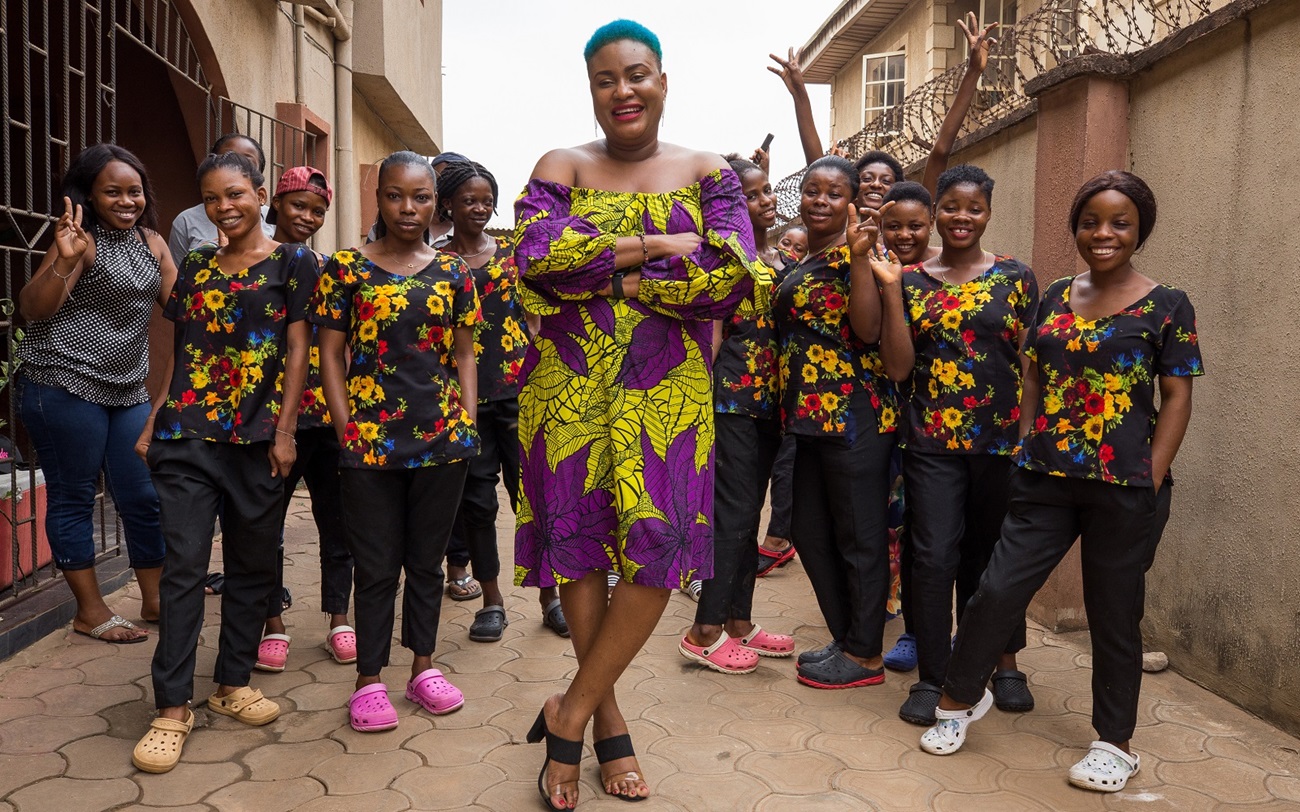Family Planning
Our goal
To empower women and girls to take charge of their own reproductive health, enable them to make informed decisions about family planning, and ensure their access to contraceptive options that meet their needs.
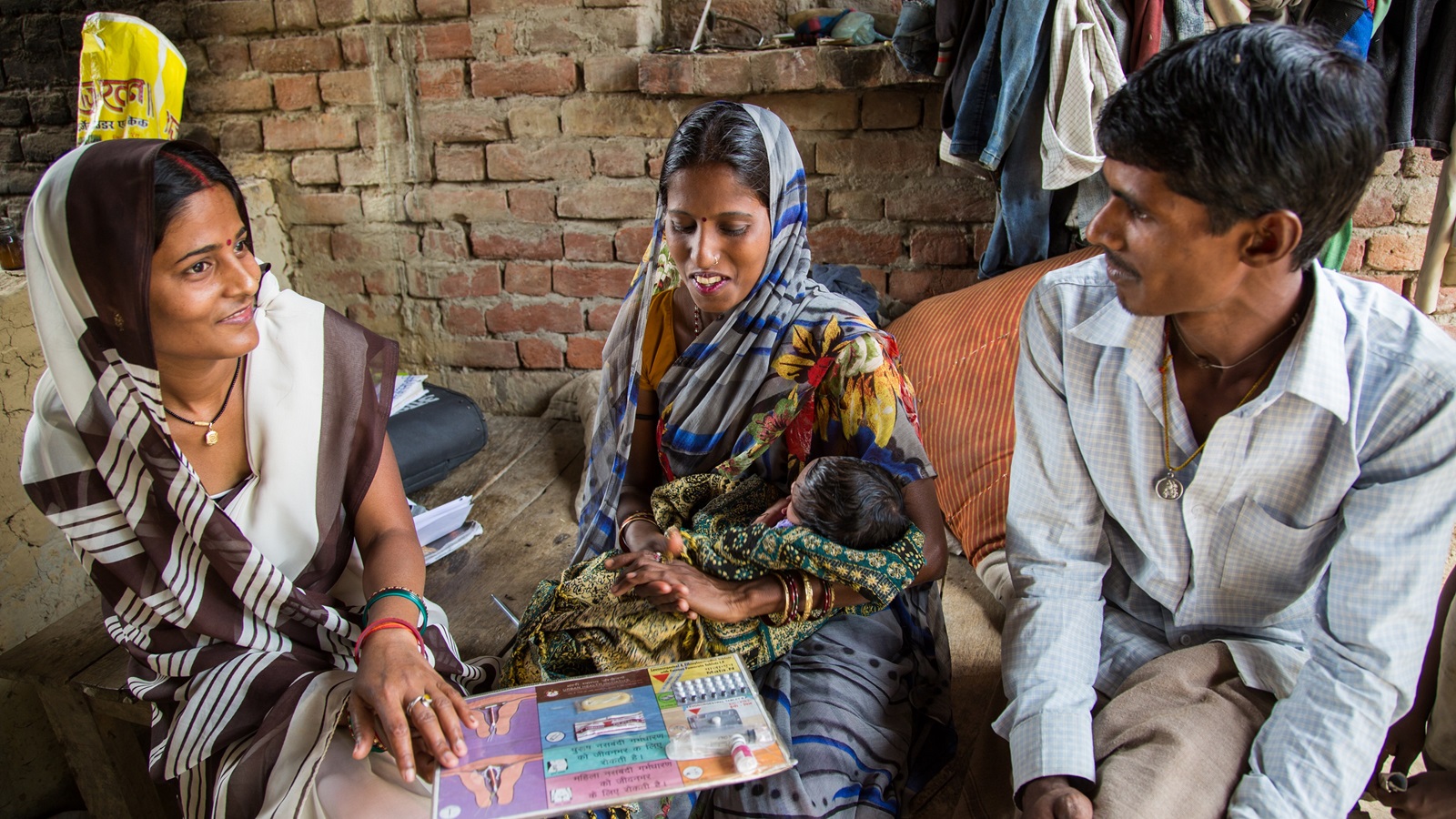
An Accredited Social Health Activist (ASHA) worker counsels a couple during a home visit in Uttar Pradesh, India. ©Bill & Melinda Gates Foundation/Prashant Panjiar
Our strategy
At a glance
- More than 200 million women and girls in low- and middle-income countries who want to avoid pregnancy aren’t using a modern method of contraception.
- In many cases, current methods don’t meet their needs. Nearly 40% of women who begin using contraceptives stop within the first year because they’re dissatisfied with the method.
- Development of new contraceptive technologies is chronically underfunded, and investments have remained stagnant for years.
- Enabling girls and women to avoid unwanted pregnancy can unlock progress on a wide range of issues, from gender equality and maternal health to girls’ education. It’s also a smart investment: Fully meeting the need for contraception and maternal and newborn health care would cost US$600 million less than only meeting the need for maternal and newborn health care.
- The foundation has committed US$280 million per year from 2021 to 2030 to develop and improve contraceptive technologies, support family planning programs that reflect the preferences of local communities, and ensure women and girls are in control of their own reproductive health.
The latest updates on family planning
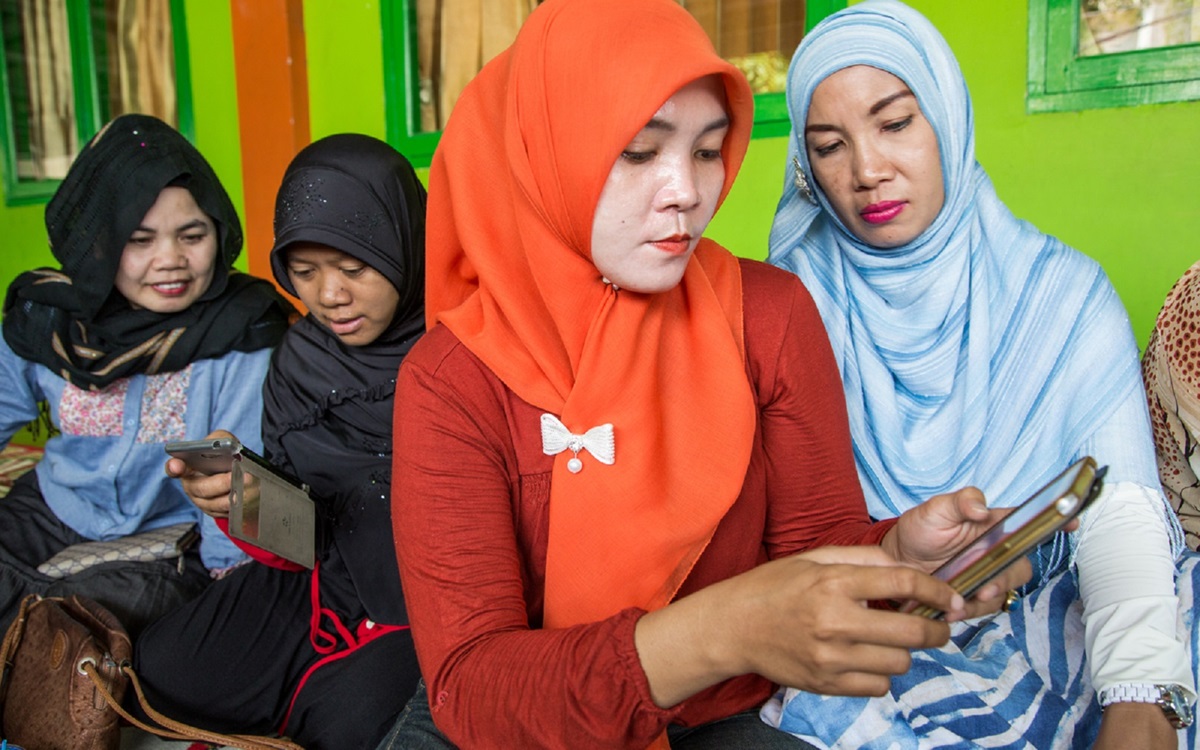
Better contraceptives are coming
Modern contraceptives are highly effective at preventing pregnancy. These new technologies put women’s needs first.
By Kirsten Vogelsong
Senior Program Officer, Bill & Melinda Gates Foundation
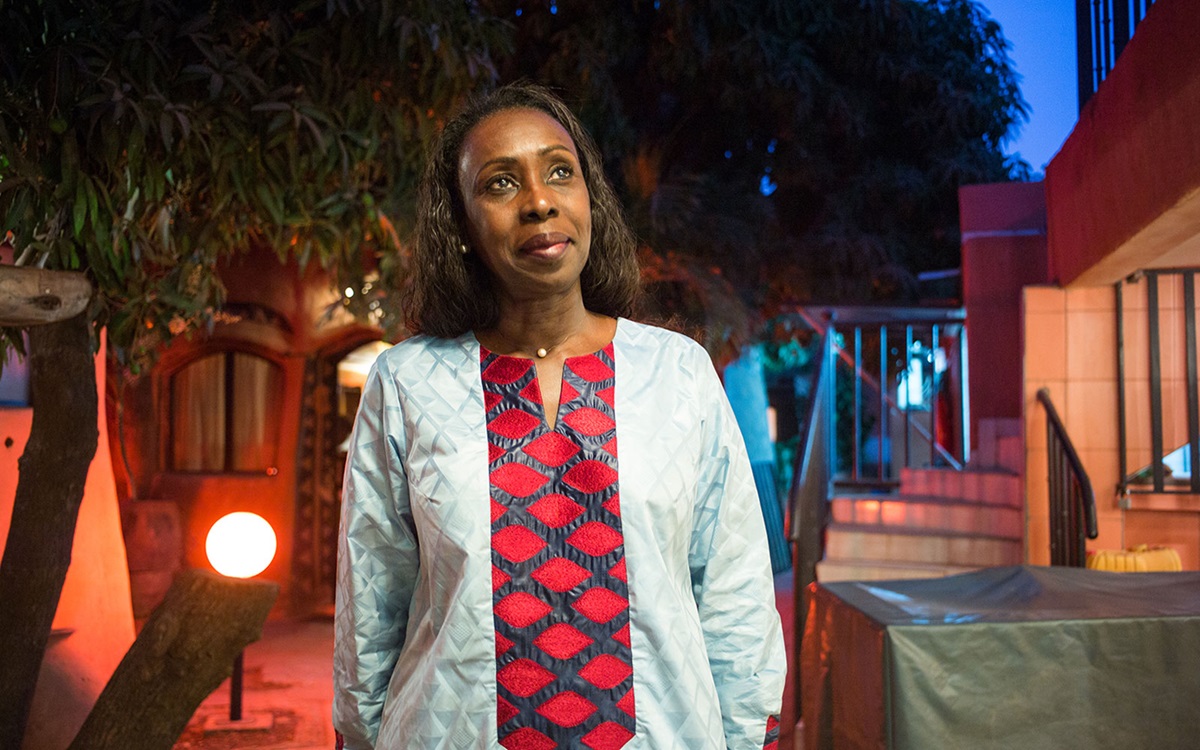
Fatimata Sy on partnering to expand access to contraceptives
When it launched in 2011, the Ouagadougou Partnership set an audacious goal for 2020: Increase the number of women using modern contraceptives by at least 2.2 million in nine francophone West African countries. Fatimata Sy, director of the Partnership, reflects on its work.
By Ruchika Tulshyan
Founder and CEO, Candour LLC
For every young person around the world, adolescence is a formative period in their life that is powerfully shaped by their health, education and social surroundings in which they grow up.
India’s homegrown instant payment system has remade commerce and pulled millions into the formal economy.
By Nomi Fuchs-Montgomery
Former Deputy Director, Family Planning, Bill & Melinda Gates Foundation
Our strategy
The foundation’s Family Planning team works to ensure that women and girls can access the contraceptives and family planning services they want and thus exercise their right to decide whether to have children and, if so, when and how many.
Today’s contraceptive methods don’t meet the needs of all women and girls. We’re expanding our investments in research and development to create new and better options that are informed by a deep understanding of what women and girls want—and what prevents them from using contraception. We’re also investing in new and innovative approaches to bring women and girls the information, services, and products that enable them to manage their own reproductive health. Ensuring that women and girls have the power to decide whether and/or when they want a family is also critical to building more gender-equal communities.
We work closely with local partners in our priority countries to ensure that efforts to increase access to family planning services are informed by better data, are tailored to communities, and are integrated into primary health care systems.
Finally, we are committed to expanding the pool of donors in this area to generate more sustainable family planning funding.
"Contraceptives are one of the most powerful tools we have. It puts the power in the hands of young girls and women to plan their families, and quite honestly to plan their futures."
Melinda French Gates
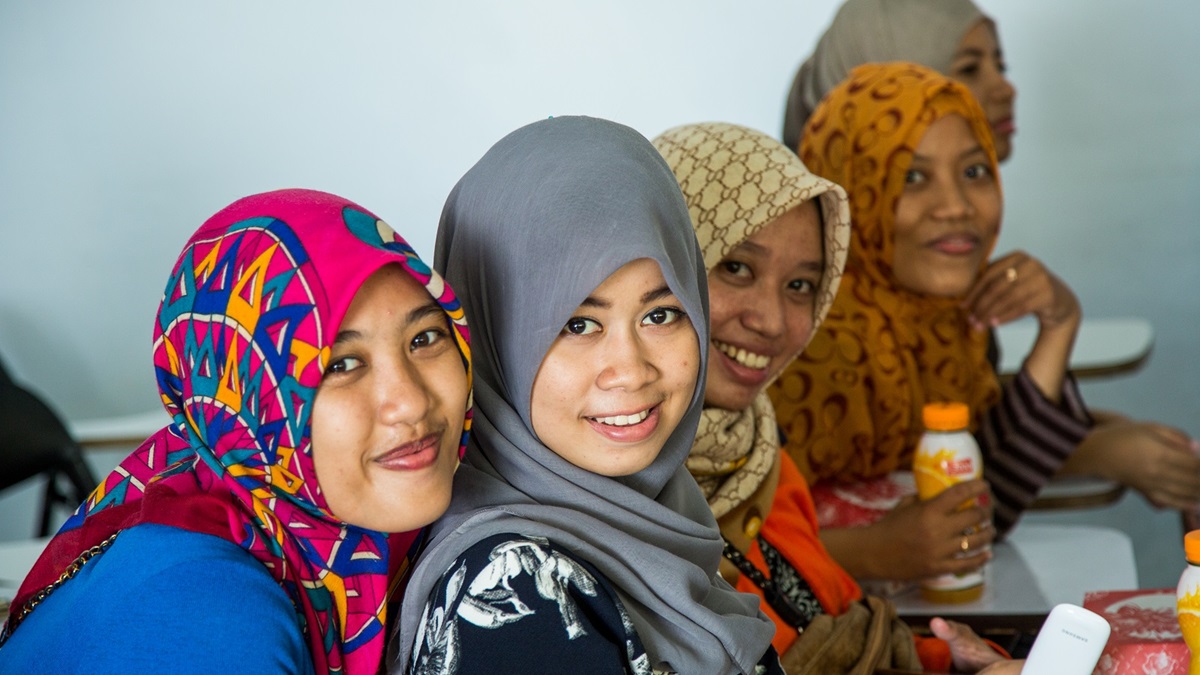
Graduates of a midwifery school attend a contraception seminar in Makassar, Indonesia.
Areas of focus
Why focus on family planning
The case for closing the gap in modern contraception use is clear: When women and girls have access to contraceptives and care that enable them to make informed reproductive decisions, they are more empowered to live their lives as they—not others—choose. More girls can go to school, more women can work outside the home, and more newborns can thrive and have a chance at a productive future. All of these are milestones on the path to a more gender-equal world.
Enabling women and girls to be agents of their own health is crucial to overcoming harmful gender norms. To do this, we need to trust women and girls to make the decisions that are right for them and offer them services and products that align with their preferences—ones that are affordable, convenient, and respectful. This also requires reimagining contraceptive options, improving how family planning services are delivered, and improving outdated health systems.
Achieving a more prosperous and equal world starts with ensuring that women and girls can lead the lives they aspire to and can plan for the families they want. We must see women’s sexual and reproductive health as not just a personal issue but also a political one that is central to women’s power, gender equality, and broader development goals.
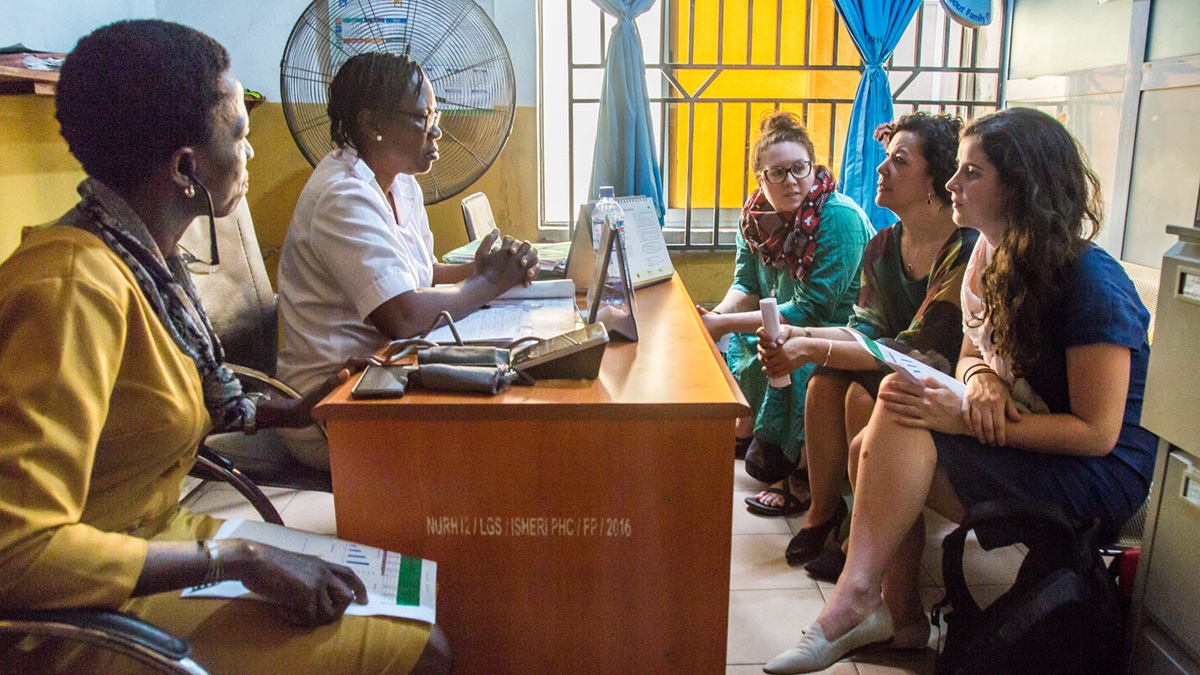
A nurse speaks with foundation staff at a primary health center in Lagos, Nigeria.
Strategy leadership
Sign up for The Optimist newsletter
Subscribe to The Optimist to get weekly updates on the latest in global health, gender equality, education, and more.
By submitting your email to subscribe, you agree to the Bill & Melinda Gates Foundation's Privacy & Cookies Notice

